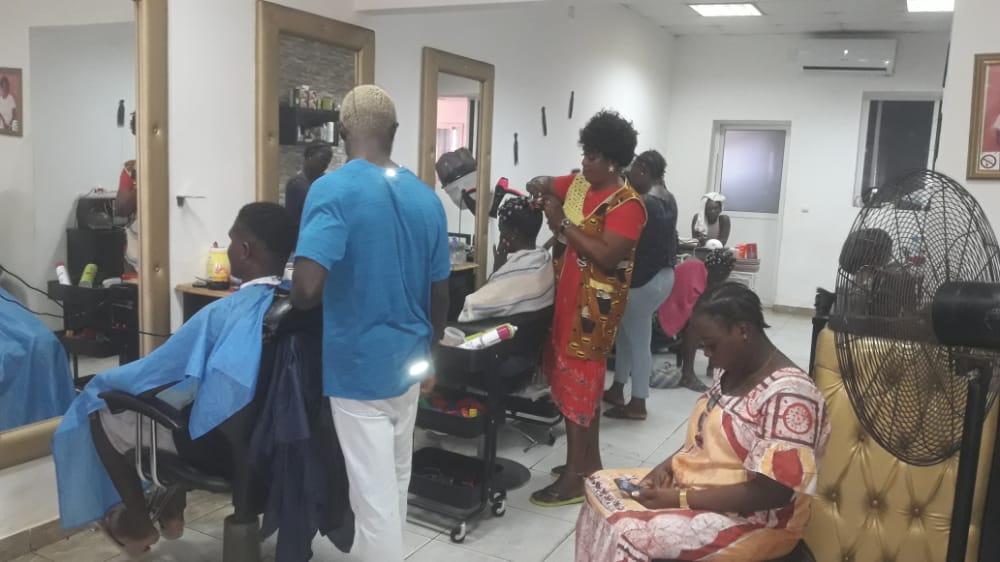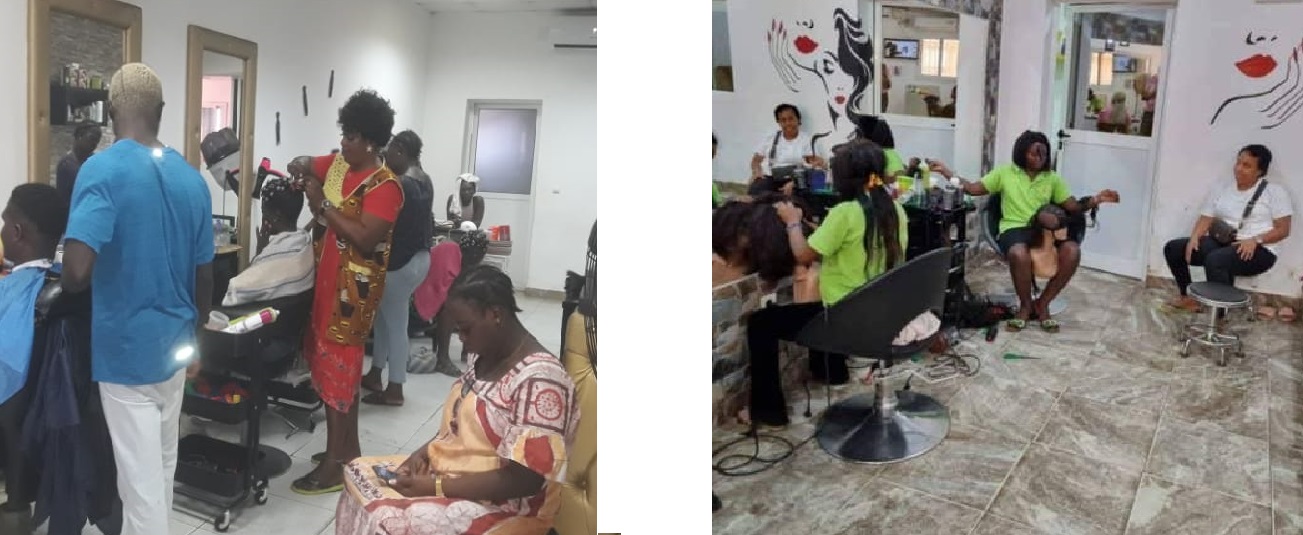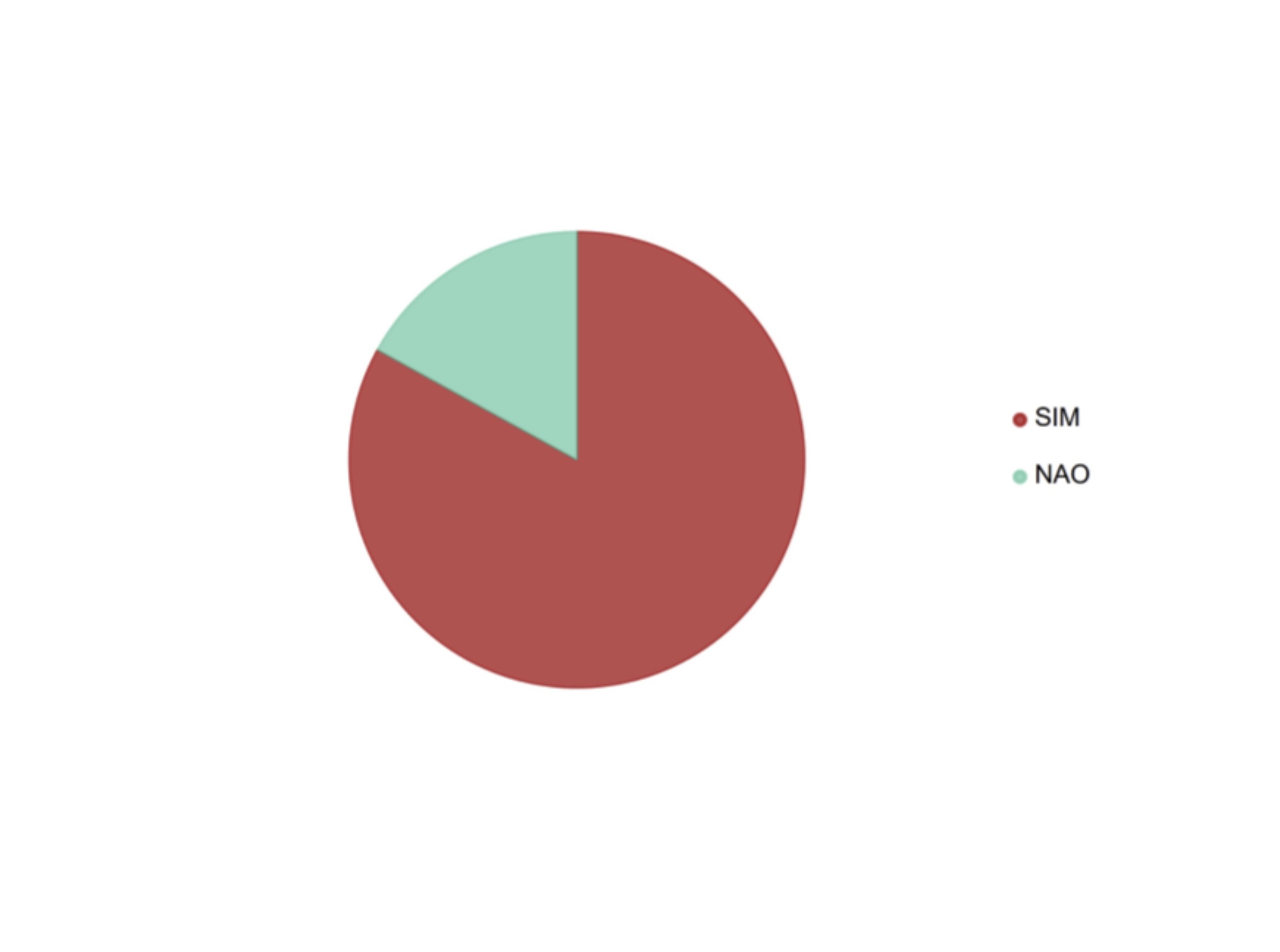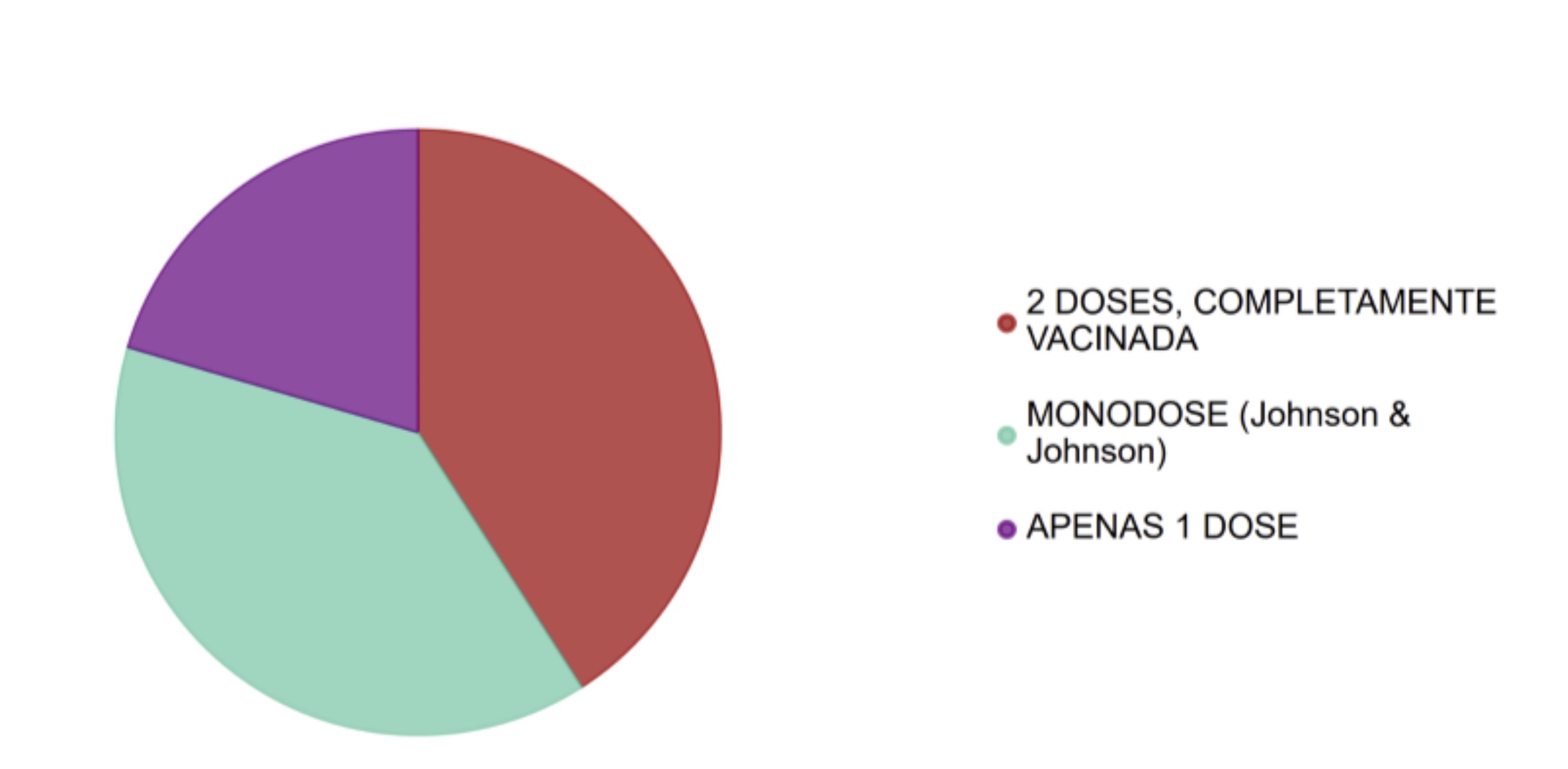Improving feelings and attitudes towards COVID-vaccine through Champion Schemes
August 22, 2022

In the beginning of 2022, the UNDP Accelerator Lab Guinea Bissau in collaboration with the UNDP Health Social Protection Cluster, made an analisys of the country´s vaccination campaign to understand the following factors:
- Why had the objectives not been met?
- Who was involved and what was their take on the campaigns?
- How were the campaigns received by citizens?
Exploring the above factors permitted the understanding of how future campaigns could be improved at institutional and local level. Additionally, for this analysis the Lab utilized methodologies such as Collective Intelligence and Design Thinking to induce co-creation and sustainability of future vaccination campaigns that take on board the views of the users as a port of call. Read more about the findings and recommendations in one of our previous blogs COVID-19 Vaccine: Through the lens of Bissau-Guineans using Design Thinking
Experimentation and test
The testing stage is one of the steps in the Accelerator Lab learning cycle and comes as a direct result of the synthesis of the data collected from the exploration, where there is often insights and opportunities from the data collected from the users to develop a solution which can drastically impact the livelihoods of the users in question. The possible solution will be prototyped and tested to learn quickly about what works and not.
During the exploration phase, it was understood that one of the bottlenecks keeping vaccination numbers stagnant revolved around poor coordination and logistics between leading stakeholders, as well as inconsistency in communication of campaigns. Additionally, most citizens in the regions, were exposed to uniliteral information, either over the radio or by ambulant health workers, which meant that they were not able to raise questions and get answers about COVID-19 as well as the vaccine. This situation directly led to citizens not being able to trust the disease, and subsequently they became more susceptible to believing rumors regarding COVID-19. But what if people had a trustable person of in their near environment whom they could discuss with and clear out their doubts in a multilateral way?
Designing the test
The Lab designed a quick test to learn more about people's feelings and if their attitudes towards taking the vaccine would improve if they had a reliable person in their close environment for multilateral discussions (Covid Champions) who could clear their doubts. Additionally, we wanted to learn if people would be interested in becoming Covid Champions themselves if there was an incentive system. Hair salons became the place for testing as people in Bissau spend a lot of time in these places. We compared one hair salon with an incentive system with a hair salon without an incentive system.

Naty hair salon in Bissau to the left (without incentive system), and to the right, Celina hair salon in Bissau (with incentive system)
Hypothesis
The test had three hypothesis which would either be proven or disproven by the end of the test:
Hypothesis 1: “IF… More reliable information is spread through Covid Champions, THEN… more people will feel safer and more positive towards taking the vaccine”.
Hypothesis 2: “IF… More reliable information is spread through Covid Champions, THEN… more people will take the vaccine”.
Hypothesis: 3 “IF… Covid champions are recruited through an incentive system, THEN… more people will want to become Covid Champions in order to spread reliable information”.
The experiment was run for two weeks and included the Accelerator Lab, two hair salons in Bissau and technicians from Saudigitus. Two Covid Champions were recruited in two separate hair salons and received a basic training on Covid and the vaccine and started to interact with their clients. To become a champion the person already had to be fully vaccinated.
User profiles

Out of the clients engaging with the Covid Champions at the two hair salons, 83 % had already taken the vaccine. Source ArcGis, 2022

Out of the respondents, 34% were fully vaccinated with two doses, 32% were fully vaccinated with a single dose (Johnson & Johnsen), 17% had only taken 1 dose, and 17 % had taken no dose at all. Source ArcGis, 2022
Results - Hypothesis 1
During the two weeks, the two Covid Champions provided information about Covid and the vaccination process to their clients. After the conversation, each person was asked to answer a pre-post survey of how their perception towards taking the covid vaccine had changed or not. The respondents rated their feelings and attitudes from 1-5 with 1 being the lowest and 5 the highest.
Analyzing the data, the results showed that the clients felt safer in relation to taking the vaccine after the conversation with the Covid Champion.

User rating of sense of security in relation to taking the vaccine BEFORE (to the left) and AFTER (to the right) the conversation with the Covid Champion. Source ArcGis, 2022
The test results also measured a higher probability towards taking the vaccine after the conversation with the Covid Champion.

User rating of probability of taking the vaccine BEFORE (to the left) and AFTER (to the right) the conversation with the Covid Champion. Source ArcGis, 2022
Results - Hypothesis 2
To understand if the conversation with the Covid Champion really effected the action of people, we called all the survey respondents two weeks after their visit in the salon, to verify if they had completed their Covid vaccination or not. The result showed that no one had taken/ completed their vaccination after the conversation with the Covid Champion. Among the 17% of the respondents who had no vaccination at all, the situation was explained by lack of time being the main constraint, as well as commitment and trust. And among the 17% who had only one dose, the lack of action was primarily explained by mistrust as they had suffered severe side effects while taking the first dose and they were now afraid to experience the same if they completed the vaccination with the second dose.
Results - Hypothesis 3
After the discussions, one of the hair salons tried to recruit more Covid Champions through an incentive system consisting of 10.000 XOF phone credit, and the other salon tried to recruit Covid Champions without an incentive system. By the end of the two weeks, data was collected to compare the number of Covid Champion registrations in the hair salon with incentive system, with number of champion registrations in the hair salon without incentive system. The results showed that no one was interested in becoming a Covid Champion and that the incentive system did not make a difference. The users explained that they felt that Covid is no longer “a real problem”, most of the people already know the causes and effects as well as the benefits of the vaccine and they felt that them becoming a Champion would not make a big difference. Additionally, users did not feel they had time to comit as they have other jobs and family to take care of.
Conclusions made from the test
The results clearly showed that having a person in the immediate environment for multilateral discussions who can answer questions and clear doubts (Covid-Champions), had a positive impact on the population when it came to educating about a disease as well as creating a feeling of security and trust.
In relation to changing the action and behavior of people, the Covid Champions showed very little or no effect at all. No one of the respondents had completed their vaccination two weeks after the conversation with the Champion, something that was explained due to lack of time, commitment or mistrust from suffering severe effects from the first dose of vaccine. It is still possible that if respondents would have been given more time (longer then two weeks after the conversation with the Covid Champion), they would have completed their vaccination.
The results also showed that there was a very low interest in the population itself in becoming a Covid Champion, and that the incentive system did not make a difference in the recruitment attempt. The users explained that they felt that Covid is no longer “a real problem”, most of the people already know the causes and effects as well as the benefits of the vaccine and they felt that them becoming a Champion, would not make a big difference. Additionally, users did not feel they had time to commit as they have other jobs and family to take care of. Reflecting on this result, one must consider that the hair salons we worked with, were situated in the city center of the capital and that the visiting clients are rather wealthy. If the test had been placed in a different neighborhood or in the countryside, it is possible that the incentive system might have had a different effect.
The Lab is planning to share the results with concerned stakeholders as a reflection for future interventions.

 Locations
Locations